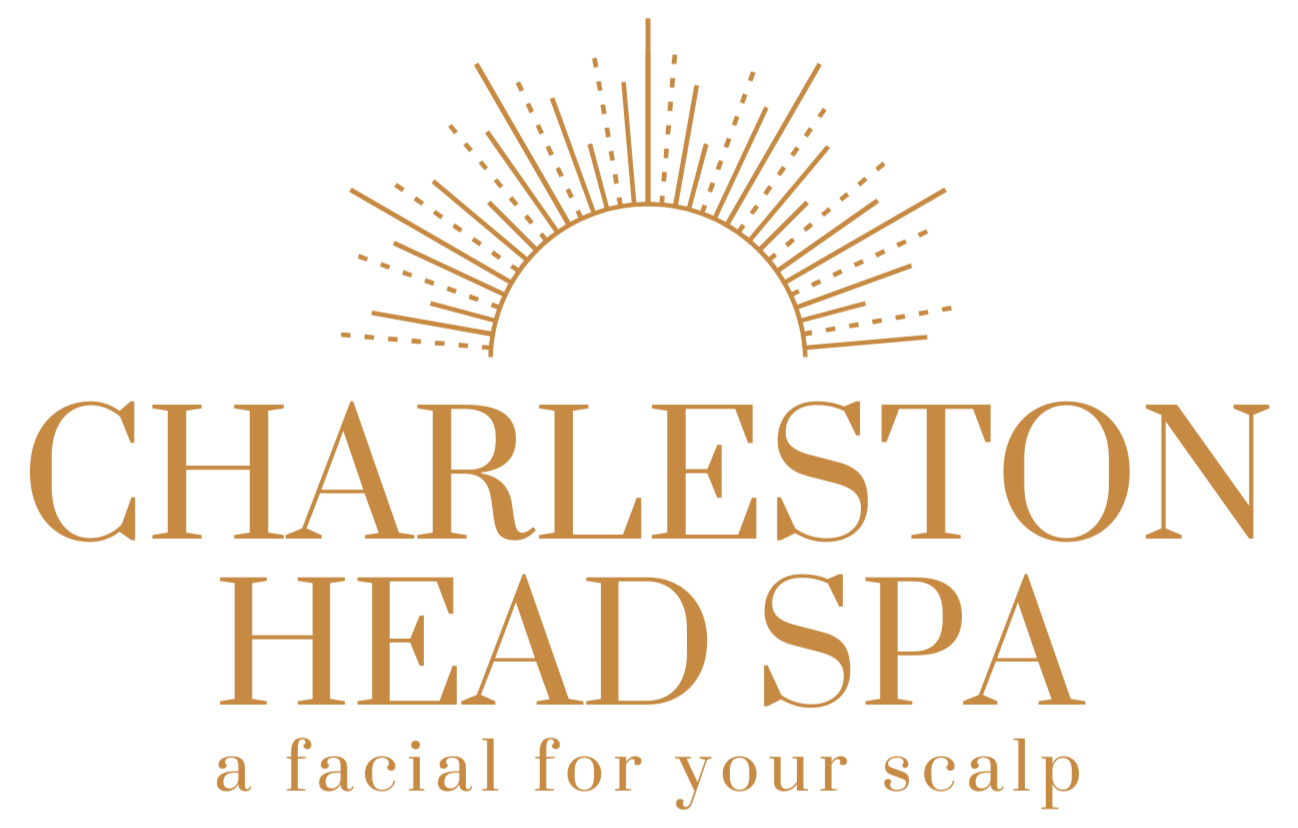Does Charleston Humidity Make Your Scalp Oily Faster? Here’s What 741 People Told Charleston Head Spa
- Molly Smith
- Aug 13
- 4 min read
If you’ve ever stepped outside in Charleston during the summer, you know that heavy, humid air can instantly change how your hair looks and feels. But does it actually make your scalp oily faster—or is it all in your head? We decided to find out.

We asked our Instagram community here at Charleston Head Spa a simple question: Does Charleston humidity make your scalp oily faster? The results were clear—87% said yes and 13%
said no out of 741 people who voted.
For those who said yes, you’re not imagining it. Charleston’s unique climate creates the perfect environment for oil buildup. And after treating thousands of scalps here in the Lowcountry, we’ve learned exactly why it happens—and how to manage it.
Our Experience: Thousands of Scalps in Charleston’s Climate
We don’t just talk about oily scalps; we see and treat them every day. From March 2024 to March 2025, we treated about 150 clients a month. Since March of this year, that number has jumped to 450 a month. Altogether, that’s well over 5,000 scalps in just a year and a half.
That experience gives us a unique perspective. We see the same patterns repeat season after season—especially during Charleston’s peak humidity months—and we’ve developed routines and treatments that actually work here, not just in theory.
Why Charleston Humidity Makes Your Scalp Oilier
Humidity is more than just a “sticky” feeling—it changes how your skin and hair behave on a biological level.

Slower evaporation: High humidity prevents sweat and oil from evaporating as quickly, leaving a visible layer on your scalp and hair.
Sweat–sebum mix: Heat and humidity boost sweating, and when sweat mixes with natural scalp oil, it spreads that oil faster from the roots down the hair shaft.
Microbiome changes: A warm, damp environment encourages oil-loving microorganisms that can contribute to buildup, odor, and irritation.
Temperature swings: Moving from air-conditioned spaces to outdoor heat can confuse your scalp’s oil production system, triggering even more sebum.
Charleston’s summer mornings often see humidity levels in the upper 80s to 90%, which means oil production and retention happen much faster than in drier climates.
Our Charleston-Proof Routine for Controlling Humidity-Induced Oiliness
Here’s the step-by-step system we teach in the treatment room. It’s simple, repeatable, and built specifically for coastal humidity.
Find your ideal wash rhythm Many oily scalps benefit from daily or every-other-day washing. Over-washing can strip oils and cause rebound production; under-washing lets buildup collect.
Choose a scalp-focused shampoo Use a clarifying or purifying formula 1–2 times a week to deeply cleanse, and a gentle daily shampoo in between. Ingredients like salicylic acid, charcoal, or tea tree oil work well.
Condition with precision Apply conditioner from mid-length to ends only—avoiding the scalp keeps roots lighter and cleaner longer.
Dry your roots completely Even a little leftover moisture at the roots can draw in more humidity and speed up oiliness.
Clean your tools and fabrics Wash brushes, pillowcases, and hats regularly to prevent oil and product residue from transferring back to your scalp.
Book a scalp reset Our Signature Head Spa deeply exfoliates, purifies, and balances the scalp microbiome so your hair stays fresher for days.
Pro Tips for Charleston Summers
Use cooler rinse water: Hot water stimulates oil production, while cooler water helps seal the hair cuticle and slow oil migration.
Avoid heavy styling creams in summer: Lightweight serums or sprays help fight frizz without weighing hair down.
Limit touching your hair: Oils from your hands can add to scalp buildup.
Oily Scalp FAQ
Q: Is an oily scalp always bad? Not at all. Sebum protects and moisturizes your scalp—but too much can lead to buildup, itching, and dull-looking hair.
Q: Can diet affect scalp oiliness? Yes. Diets high in greasy or processed foods can sometimes increase oil production. Staying hydrated and eating balanced meals can help.
Q: Will washing more often damage my hair? With the right shampoo, daily washing can be perfectly healthy—especially in humid climates where oil and sweat build up quickly.
Q: How often should I book a professional scalp treatment? For oily scalps in Charleston, once a month is a great maintenance schedule. More frequent visits may be helpful during peak summer humidity.
Why Clients Trust Charleston Head Spa

We’ve built our reputation on combining relaxation with real results. Whether you’re dealing with midday greasy roots, stubborn buildup from styling products, or just want your scalp to feel lighter,
we tailor every treatment to your specific scalp and hair needs.
With our hands-on experience—over 5,000 scalps treated in Charleston’s unique climate—we’re confident in saying we know how to keep your scalp balanced, even in the muggiest weather.
Ready for a Scalp Reset?
Humidity is here to stay, but oily roots don’t have to be. Book your Signature Head Spa or Express Head Spa and let us help your scalp breathe again. You’ll leave feeling refreshed, lighter, and ready to take on the Lowcountry air—without worrying about greasy roots by noon.
Give us a call (843) 425-1080




Comments